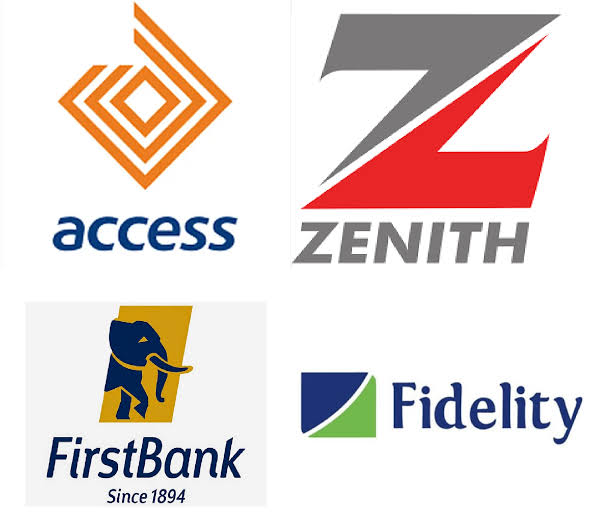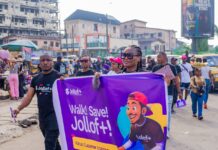By Abiodun JIMOH
Shareholders of Access Holdings, FirstBank (FirstHoldco), and Zenith Bank are in dismay following fresh warnings that dividends from these banks’ core operations may remain suspended until at least 2028. This follows a new directive from the Central Bank of Nigeria (CBN) and a sobering report by Renaissance Capital (Rencap), citing unresolved regulatory forbearance exposures.
In its June 13 circular, the CBN instructed banks with lingering forbearance-linked loans to halt dividend payments, suspend executive bonuses, and stop new offshore investments until they make full provisions. The policy affects banks with large non-performing loans that had previously been shielded under regulatory forbearance—a temporary relief introduced during past economic shocks.
Rencap’s latest report, titled “Nigerian Banks, Cash is King,” estimates that Zenith Bank has the highest exposure at 23% of its loan book, equivalent to $1.6 billion. FirstBank follows with 14% ($887 million), and Access Bank with 4% ($304 million). Tier-II lenders like Fidelity Bank (10%) and FCMB (8%) are also affected. GTCO and Stanbic IBTC, however, emerged clean, with zero exposure after proactively addressing their forbearance-linked assets.
Dividend suspensions will primarily affect the core banking arms of these groups—where the bulk of profits are generated. While holding companies may attempt to issue dividends through non-banking subsidiaries, such payouts will likely be negligible due to their limited earnings contribution.
The development has sparked frustration among retail and institutional shareholders.
“This is devastating. I’ve held Zenith shares for over a decade for the dividends. Now they say nothing till 2028?” said a visibly upset shareholder at the Nigerian Exchange. “They need to explain how they got here and how they’re fixing it.”
A FirstBank investor echoed similar sentiments: “We’ve endured FX losses, policy shocks, and recapitalisation delays. Suspending dividends for another three years feels like punishment.”
UBA is projected to resume full dividend payouts by 2026, while GTCO stands out as the most resilient—free of forbearance constraints and backed by strong cash flows.
The CBN’s tightened stance is aimed at strengthening financial sector resilience and enforcing prudent risk management. It also seeks to prevent breaches of the Single Obligor Limit (SOL), a regulatory ceiling that curbs overexposure to a single borrower or sector. Industry analysts suggest that much of the distressed exposure is linked to upstream oil and gas and refinery projects.
Some banks, however, are making progress. FCMB, for instance, reported a sharp reduction in its forbearance loan portfolio—from N538.8 billion in September 2024 to N207.6 billion by May 2025. The bank expects to fully exit the regime within months, though it anticipates a temporary spike in Stage 3 (non-performing) loans to 11.5% before recovery stabilizes.
Crucially, the Rencap report cautions that under International Financial Reporting Standards (IFRS), reported earnings may not reflect actual liquidity. It urges investors to focus on “cash profits” rather than headline numbers.
“This disconnect means banks can look profitable on paper while withholding dividends due to inadequate cash,” the report notes.
Despite the uncertainty, sources within FirstHoldco say the bank remains optimistic. “We’re taking deliberate steps—strengthening capital, growing earnings, and aligning with regulatory expectations. Shareholders’ interests remain paramount,” a senior official said.
Still, investor confidence appears shaken.
“What’s the point of showing profit if there’s no dividend?” asked a Fidelity Bank shareholder. “They need to clean up fast or risk losing long-term investors.”
With the banking recapitalisation deadline looming in 2026 and dividend hopes deferred till 2028, shareholders are demanding more than forecasts. They want clarity, measurable turnaround plans, and a firm path to restored payouts.














